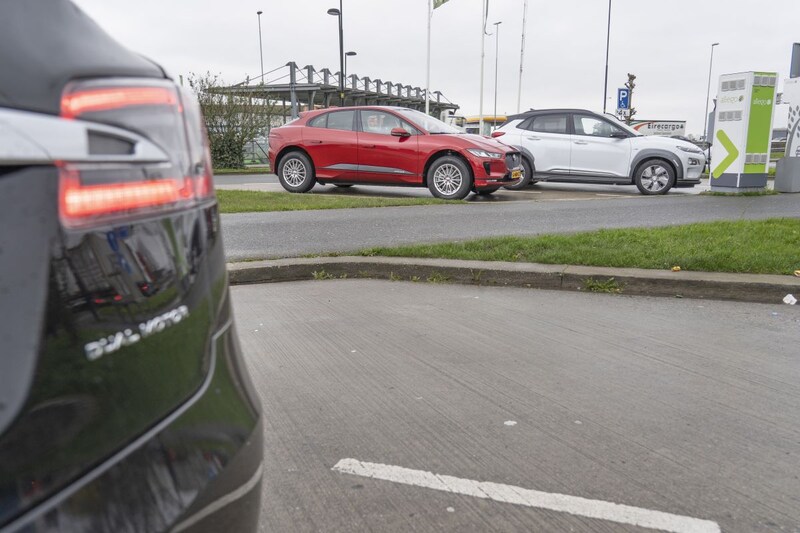Transition will accelerate after 2030

From 2030, the electrification of the Dutch vehicle fleet will gain momentum. ElaadNL expects that. In the 1940s, electric cars covered (almost) the entire Dutch vehicle fleet.
The rise of electric cars will probably be quite slow in the coming years, but will accelerate after 2030, according to the knowledge and innovation center ElaadNL. Until 2030, the growth in the share of electric cars on Dutch roads is expected to be somewhat limited because incentive measures are being phased out. Furthermore, there is a lot of uncertainty surrounding the new government policy in the Netherlands, the researchers say. They point out that most electric cars are still too expensive for the general public, but after 2030 the growth of electric cars seems to continue faster than expected.
ElaadNL, which is an initiative of the Dutch grid operators, attributes this, among other things, to all kinds of European rules that are coming. There will also be more ‘affordable’ electric models in the long term. The researchers also assume that the prices of battery packs will fall. Sometime in the 1940s, the fleet will eventually consist entirely of electric cars. Then there are probably about 10 million electric cars driving around in the Netherlands. Undoubtedly, there are still fuel-powered cars that are cherished as classics, but they still form only a marginal part of the fleet.
Press the power network
It is expected that approximately 4.3 million charging points will be needed in that decade. The researchers also looked at the additional pressure this places on the Dutch power grid. If people were to charge their cars in a normal way, i.e. charge them immediately upon arrival at a location, this would cause extra high peaks on the grid, but according to ElaadNL it should be possible to charge grid-consciously. This is a form of smart charging in which electric cars are mainly charged on the grid outside peak hours. For example, the peaks that occur between 5 p.m. and 11 p.m., when many people park their EV in front of their home, could be ‘significantly’ limited.
– Thanks for information from Autoweek.nl